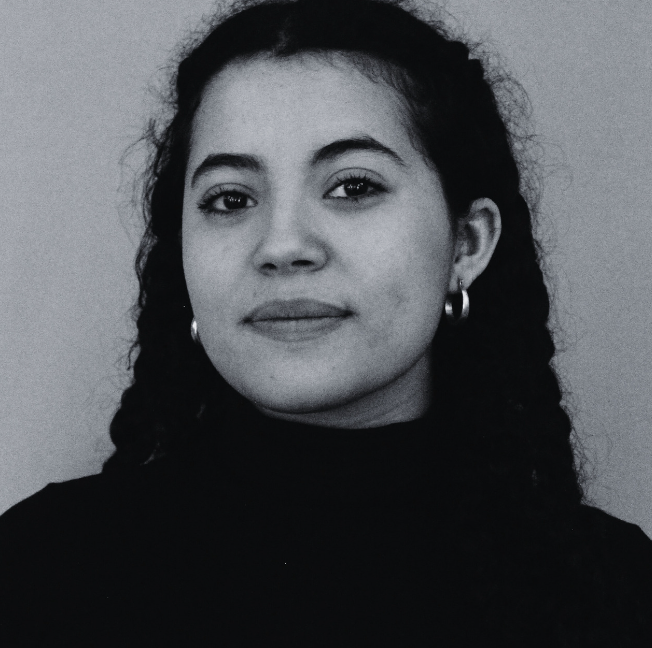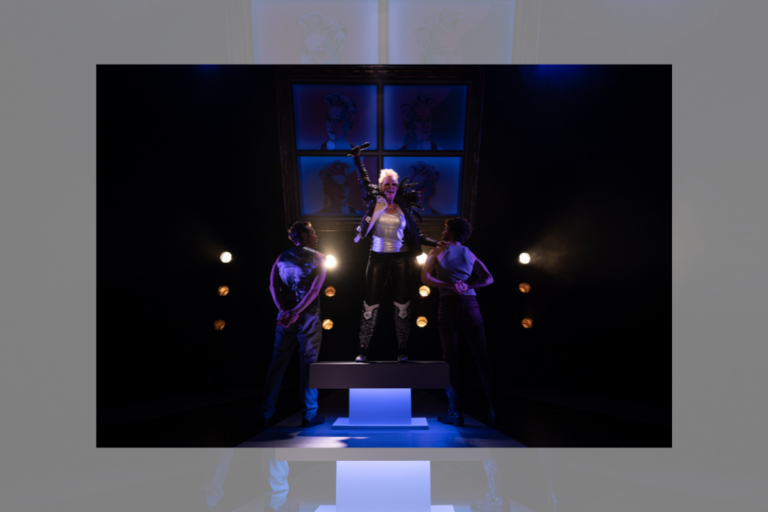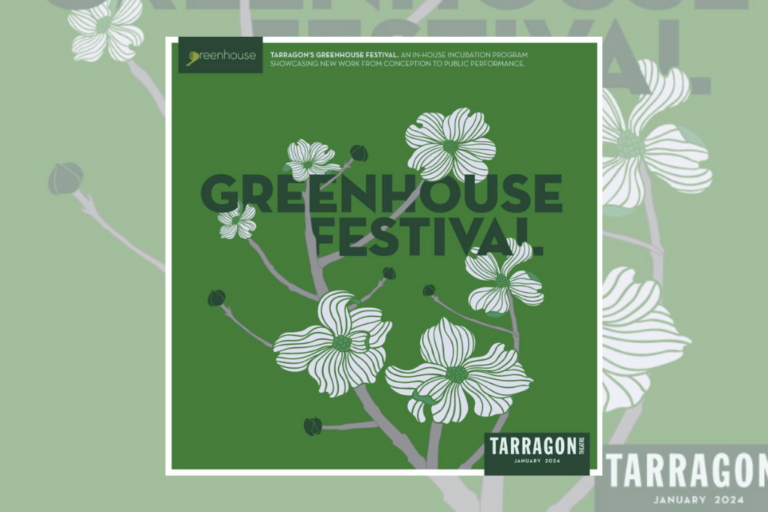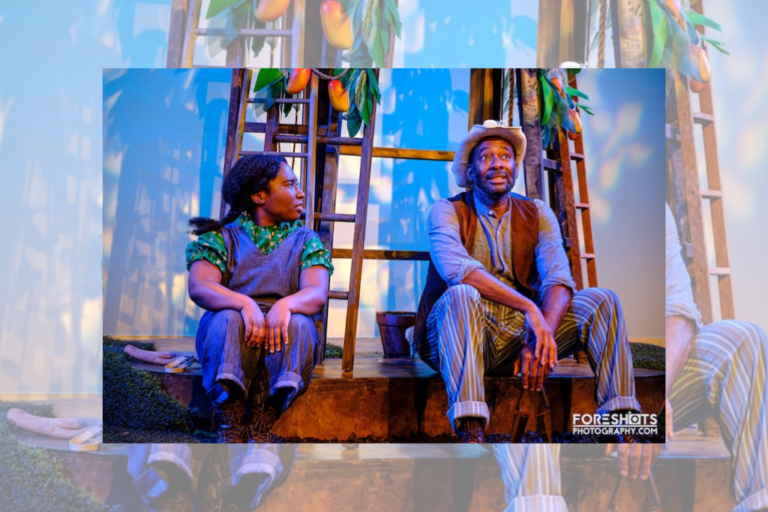REVIEW: Icarus Theatre’s Fiji combines competing genres
Two men meet online and instantly connect: a 21st-century love-at-first-sight moment brought to you by Icarus Theatre’s Fiji.
They are destined for each other, a perfect balance, much like how the tide meets the sand at the beach. Yin and yang.
Sam arrives at Nic’s apartment to spend the weekend with him. Their internet chemistry translates to real life – they move in sync opening their Molson beer cans in perfect unison. They’re not just a fling; it’s more intense, more meaningful, a life-altering event. The audience feels the heat radiating off them, enough to thaw the Canadian cold.
However, Sam and Nic have agreed this will be their first and last meeting. Why? Well, this is a self-declared “true crime rom-com.”
Director-producer Anthony Goncharov captures a clumsy young love – it’s all very Disney Channel Original Movie at the beginning, as Sam and Nic share nervous glances. I could practically hear the fumbling voiceovers in both of their heads. Produced in the intimate Bob Nasmith Innovation Backspace at Theatre Passe Muraille, this two-hander is a pressure cooker for romantic chemistry and perhaps something darker looming beneath the surface. I’m a big fan of this concept, and though I’m tempted to dive into the play’s meaty plot, I’ll leave it to the reader’s imagination (experiencing the twist in person is a good enough reason to see the show, so I can’t in good conscience reveal it here in writing).
As their time together dwindles, Sam and Nic decide to do the 36 Questions To Fall In Love survey published in the New York Times, originating from a 1997 study that explored how intimacy can be achieved between two strangers. Fiji, written by Eddie Loodmer-Elliott, Pedro Leandro, and Evan Lordan, flashes back and forth between Sam and Nic answering these questions and the rest of the men’s weekend as it spirals towards its end. The dialogue in the script is a little simplistic, sometimes airing on the cheesy. Though I believe this is the intention, especially at the beginning of the piece, this cheesiness feels somewhat out of place as the show continues to barrel on to its end. The playwrights can be a little heavy-handed in hinting at themes in dialogue; I found myself wishing more had been left up in the air to interpret without having to spell it out for the audience.
The building of tension in this piece works well, though, and I really started to care about Sam and Nic’s adorable, if not a bit fucked-up, relationship (but alas, whose relationship isn’t?). Jack Copland is compelling as Sam, bringing a delightful deer-in-the-headlights quality to the role. He’s gripping in more vulnerable moments, and frolicsome in his comedic bits, such as when he prances around the room belting the ”˜60’s hit “I Think We’re Alone Now.” Desmond Lazar’s Nic is undeniably charming. Despite being a tad unconvincing during the more hefty emotional moments at the end of the play, he brings a kindness to this complicated character which grounds the play in reality, as well as a bone-chilling coldness about certain matters.
Emily Anne Corcoran’s set successfully plays with contrasting reds and blues that hint at the twisty core of the piece, the central set piece being a gorgeous velvet red couch with a blue tarp over the back. On the coffee table sits a black apple on top of a red and blue book, a symbol of desire that has blackened – an omen. Lighting design by Lidia Foote follows suit and plays with bright colours that intensify as the piece unfolds. There is a bit of odd green lighting that begins to appear, only really illuminating the tops of the actors’ heads as they sit on the couches. Though I see the vision of using green to perhaps highlight more grotesque parts of the piece, I found it felt out of place. Erik Richards’ sound design is subtle and effective, cuing in gentle sea-side sounds and hauntingly romantic melodies on the keyboard.
Due to a combination of directorial decisions and script writing, I’m not quite sure I’m sold on the tone of this piece. As a half-rom-com, half-thriller, Fiji doesn’t quite commit to either genre enough in its physicality and script, opting instead to stay in a grey area for the majority of the piece. I was left craving to see the performance explore the extremes of each respective genre in particular moments, perhaps through more fight/intimacy work, or even just letting it live in the pauses more. At 65 minutes with no intermission, the story unfolds at a lightning pace for the audience. I can’t help but wish for a bit more air in this piece – I think it would help it breathe a bit more and let the audience sink into the world.
If you enjoy the pitch of a rom-com true-crime mesh, this one’s for you. Even if it’s not perfect, it’s a charming, nimble watch that tugs at the heartstrings.
Fiji runs at Theatre Passe Muraille until April 7. Tickets are available here.
Intermissionreviews are independent and unrelated toIntermission‘s partnered content. Learn more aboutIntermission‘s partnership modelhere.















Comments